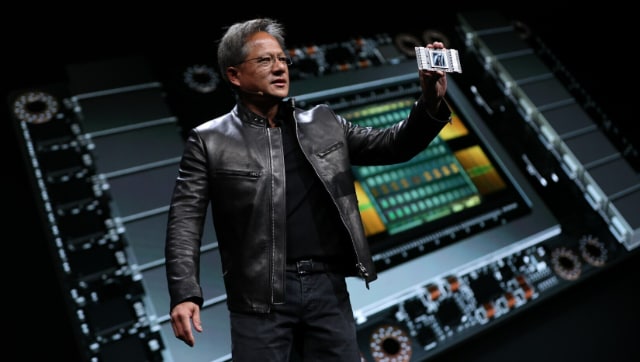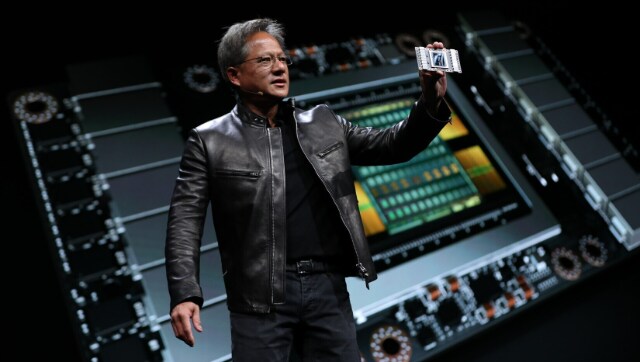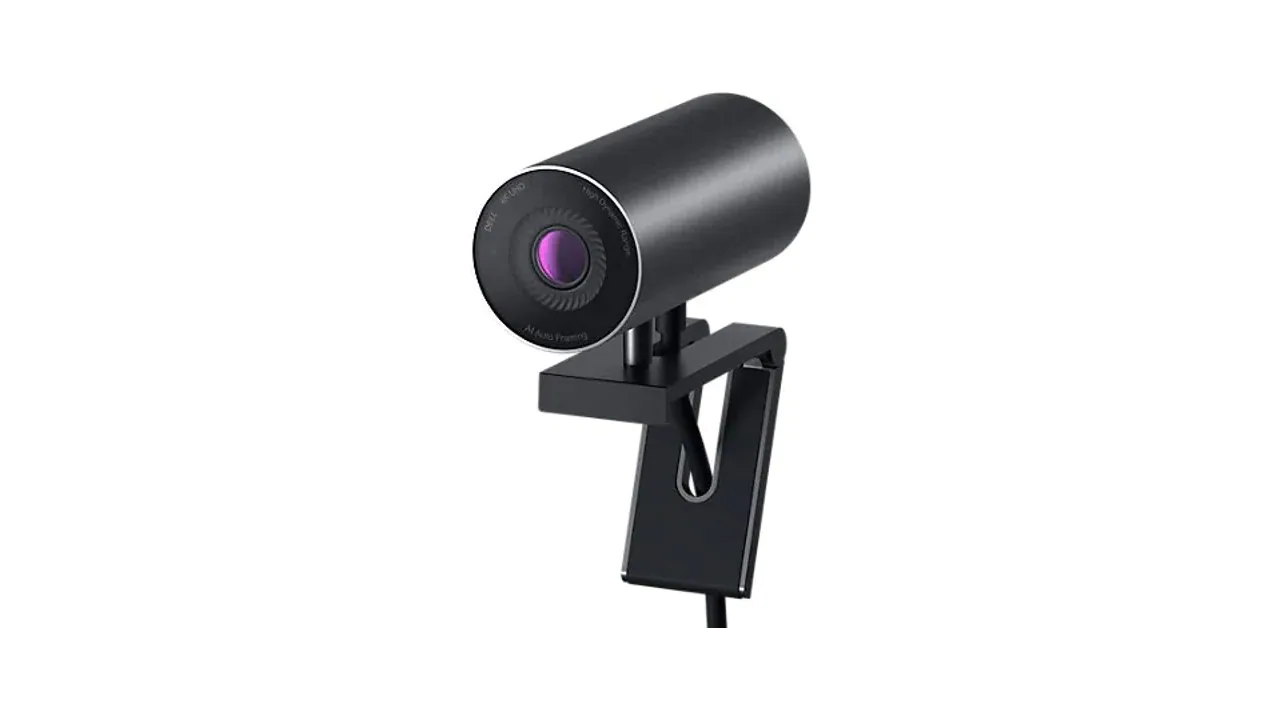
Despite the sanctions that have been imposed by the US on China, tech companies like Intel and NVIDIA continue to push their highly advanced AI chips in the Chinese market. This is fuelled by the AI craze in China, and the AI industry’s growing demand for AI chips
Intel Corporation has introduced its latest Gaudi2 processor, specifically designed for deep-learning applications in artificial intelligence (AI), in mainland China. This move comes in response to the high demand for advanced chips that are restricted for export from the United States, leading to a thriving underground trade of smuggled graphics processing units (GPUs) from Nvidia Corporation.
During a press conference in Beijing, Intel executives unveiled the Gaudi2 processor as a competitive alternative to Nvidia’s A100 GPU, which is widely utilized for AI system training. Despite sanctions imposed by the U.S. government, Intel’s latest initiative highlights the continued significance of the vast Chinese market for US semiconductor technology providers. Intel’s annual report indicates that 27 per cent of its total revenue in 2022 originated from China.
Earlier this year, Nvidia made efforts to comply with US restrictions and maintain supply chains for its customers in China by offering modified versions of its flagship A100 and H100 GPUs. These measures were taken after the US Department of Commerce banned Nvidia and Advanced Micro Devices (AMD) from selling certain advanced chips to China. Nvidia was specifically prohibited from selling A100 and H100 GPUs, while AMD faced restrictions on exporting its MI250 chips to the mainland.
Consequently, China’s AI sector faced challenges in acquiring limited supplies of advanced chips, resulting in a rapidly growing market for smuggled GPUs, including Nvidia’s A100 and H100 devices. The A100 Tensor Core GPU touted on Nvidia’s website, powers leading data centres employed in AI, data analytics, and high-performance computing applications worldwide.
According to Sandra Rivera, Intel’s executive vice-president and general manager of the data centre and AI group, the demand for Intel’s products in China reinforces the company’s commitment to offering a wide range of hardware options to its clients. During the press conference in Beijing, Rivera stated that the Gaudi2 processor aims to lower barriers and empower Chinese clients to deploy AI through cloud and smart-edge technologies, thereby contributing to the development of China’s AI future.
Intel also announced a collaboration with Inspur Group, the world’s second-largest AI server manufacturer based in Shandong province, to develop new Gaudi2-powered machines specifically for the Chinese market.
Intel’s data centre team focused on AI deep learning processor technologies, Habana Labs, initially launched the Gaudi2 processor in the United States in May. They claimed that the training throughput performance of Gaudi2 was twice as high as Nvidia’s 80-gigabyte A100 GPU for models like the ResNet-50 computer vision model and the BERT natural language processing model.
Intel’s latest offering comes at a time when China’s AI ambitions face potential challenges. The US government is reportedly considering restrictions on Chinese companies access to American cloud computing services, which would impact the ability of Amazon Web Services and Microsoft Corp to utilize advanced AI chips for the benefit of their Chinese clients. Additionally, there are reports suggesting that Nvidia’s remodelled A800 GPU could be included in the US export ban, further complicating the landscape, according to The Wall Street Journal.










